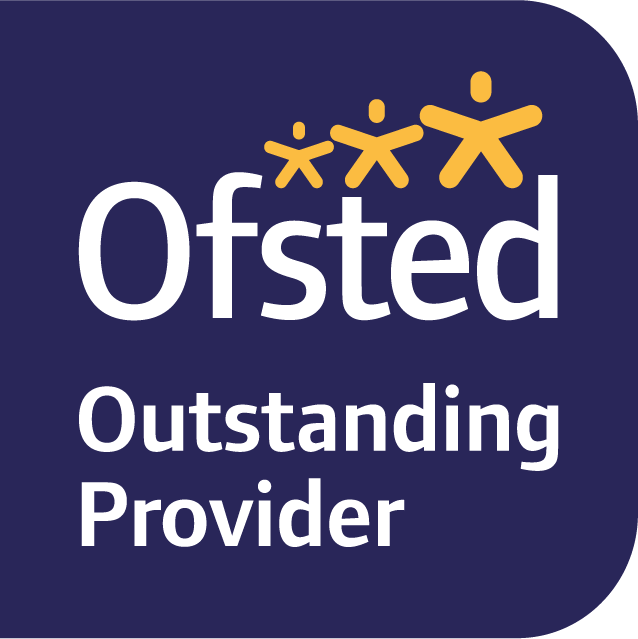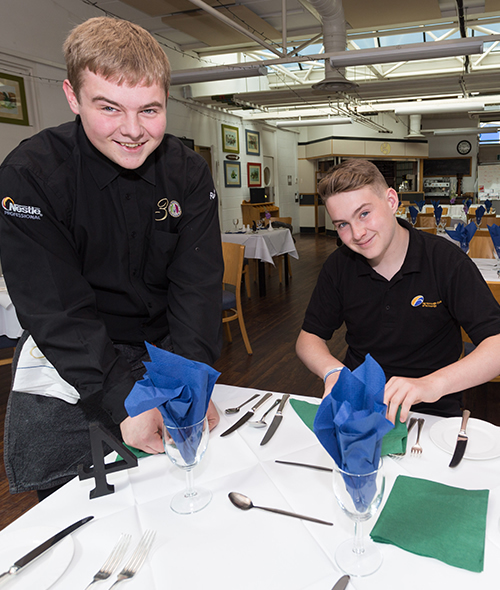T Levels: Information for Students and Parents
T LEVELS: WHAT ARE THEY?
T Levels are new two-year, technical programmes designed with employers to give young people the skills that industry needs.
From 2020, they will give students aged 16 to 18 a technical alternative to A Levels and will help them to get a skilled job. T Levels will provide a mixture of:
- Technical knowledge and practical skills specific to their chosen industry or occupation
- An industry placement of at least 45 days in their chosen industry or occupation
- Relevant maths, English and digital skills
- Common workplace skills
Students who achieve a T Level will get a certificate recognised nationally by employers which will set out what they have achieved as part of the programme.
T Levels will offer students a mixture of classroom or workshop-based learning and ‘on-the-job’ experience in the following industries:
- Digital
- Construction
- Education and Childcare
- Engineering and Manufacturing
- Health and Science
- Legal, Finance and Accounting
- Hair and Beauty
- Agriculture, Environment and Animal Care
- Business and Administration
- Catering and Hospitality
- Creative and Design
BY STUDYING A T LEVEL, STUDENTS WILL BE ABLE TO:
- Learn broad core knowledge and practical skills relevant to all occupations in their chosen industry from the beginning of their course
- Develop specialist technical skills relevant to at least one occupation
WHEN WILL THEY START?
T Levels will be phased in starting from the 2020 to 2021 academic year with a small number of colleges, including Farnborough College of Technology.
The very first T Level subjects will be taught from September 2020 with us, which means children entering year 10 in September 2018 will be the first to be able to study them.
The first subjects that can be studied in 2020 will be Digital, and Education and Childcare.
HOW T LEVELS WILL WORK WITH OTHER POST-16 CHOICES
T Levels will become one of three main options when a student reaches the age of 16, alongside:
- Apprenticeships for students who wish to learn a specific occupation ‘on the job’
- A Levels for students who wish to continue academic education
STUDENTS NOT READY TO START A T LEVEL
The government recognises that not all students who wish to start a T Level will be ready to do so at age 16. They plan to offer a ‘transition’ to help students get to the standard required to start a T Level.
T LEVEL PROGRAMME CONTENT
T Level programmes will include three mandatory elements:
1. Core Component
The ‘core’ will be split into two parts. One part will develop ‘underpinning’ technical knowledge and skills relevant to all occupations relevant to the T Level’s industry. This will require students to:
- Understand how the industry works
- Understand how occupational specialisms fit within the industry
- Know what the working practices in the industry are like
The other part is an employer-set project which will require students to apply their core knowledge and skills to achieve an employer-set challenge or brief.
2. Occupationally Specialist Skills
These skills will be delivered in a classroom-based environment (including, for example, workshops and simulated working environments). Students will provide evidence of achievement in work-specific skills that shows they can work in their chosen industry.
3. Industry Placements
T Levels must contain a meaningful industry placement with an employer. These will last a minimum of 45 working days, but can last up to 60 working days.
Different ways of carrying out T Level industry placements are being piloted to see which work best for specific industries and providers. For example, the placement could be a continuous block of working days or distributed across the study programme. The government will confirm how industry placements should be delivered when the pilots have been completed.
PROGRESSION FROM T LEVELS
When they complete a T Level, students will be able to choose between moving into:
- A skilled occupation
- Higher or degree level apprenticeships
- Higher level technical study, including higher education
WHAT DO I NEED TO DO NOW AS A PARENT OR STUDENT?
You should continue to think about the types of careers you want to train for. Speak to your schools career advisor to make sure you have all the information you need.
We will visit your school at various times in the year for assemblies, parents evenings and careers events to talk about your options at college. We will let you know how to start a T Level and what the alternatives are, before giving you the opportunity to visit the College and/or apply for a course.








